
Alison Pearce Stevens is a former duck wrangler, beekeeper and forever science geek who specializes in writing about science and nature for kids. She lives in the Midwest with her husband, their two kids and a small menagerie of cuddly (and not-so cuddly) critters. She writes for Science News Explores, Highlights, ASK (Arts and Sciences for Kids) magazine and National Geographic Kids' Books. Her next book, Rhinos in Nebraska, comes out in 2021. She is also an avid gardener who can often be found in her yard, checking out the critters that call it home.

All Stories by Alison Pearce Stevens
-
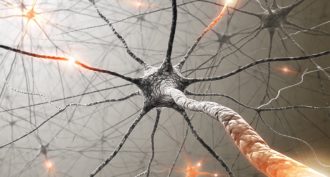 Brain
BrainLearning rewires the brain
Brain cells actually change shape as we learn. It’s one way we cement new knowledge. And much of the action happens as we sleep.
-
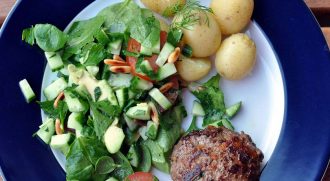 Health & Medicine
Health & MedicineStarchy foods may cut meaty risks
Eating red meat can increase the risk of certain types of cancer. But scientists have discovered that eating potatoes and other foods containing 'resistant' starch can help limit those risks.
-
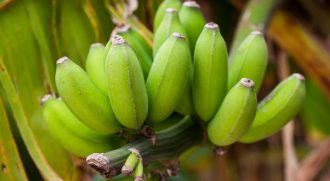 Plants
PlantsSaving the banana
A number of diseases threaten the world’s most popular fruit. Scientists are working to fight these blights. But if they don’t succeed, the sweet banana that’s a breakfast staple could disappear.
-
 Brain
BrainLacrosse: Different genders, same injuries
Scientists find that boys’ and girls’ versions of lacrosse lead to similar injuries. Because girls frequently get concussions, the study argues that like the boys, girls too should wear helmets.
-
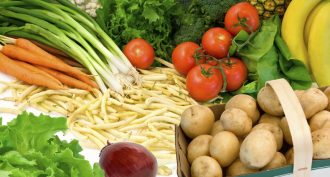 Health & Medicine
Health & MedicineFor better weight control, fiber up!
Certain types of fiber suppress appetite, at least in mice. Found in fruits, vegetables, oats and barley, this fiber breaks down in the gut to release acetate. That travels to the brain, where the chemical prompts the release of hunger-fighting hormones.
-
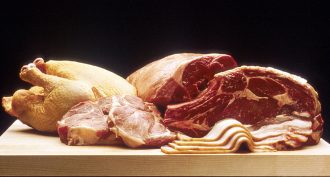 Health & Medicine
Health & MedicineInfected cutting boards
Germs can hitchhike into the kitchen on meat and many types of produce. A new study finds that some of those germs are particularly nasty. They are immune to the one or more of the drugs doctors would prescribe to wipe out the infection.
-
 Climate
ClimateMapping our carbon footprints
Population density can determine how much of an impact modern communities have on the climate.
-
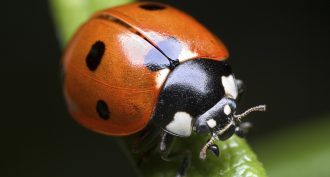 Agriculture
AgricultureHow to limit the need for pesticides
The American Academy of Pediatrics suggests taking steps to limit children’s exposure to pesticides.
-
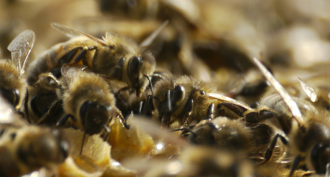 Animals
AnimalsWhy are bees vanishing?
Scientists find evidence that pesticides, disease and other threats are devastating bees. And that could hurt farmers big time.
-
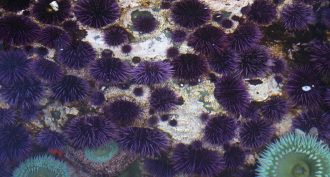 Life
LifeCaught in the act
Scientists observe some evolutionary speed demons as they adapt over the course of just a few years to new environmental conditions.
-

-
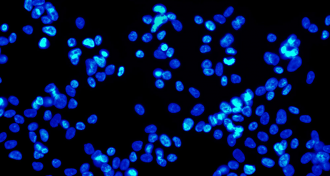 Life
LifeExplainer: What is a stem cell?
Special cells have ability to turn into several different types